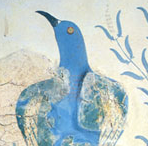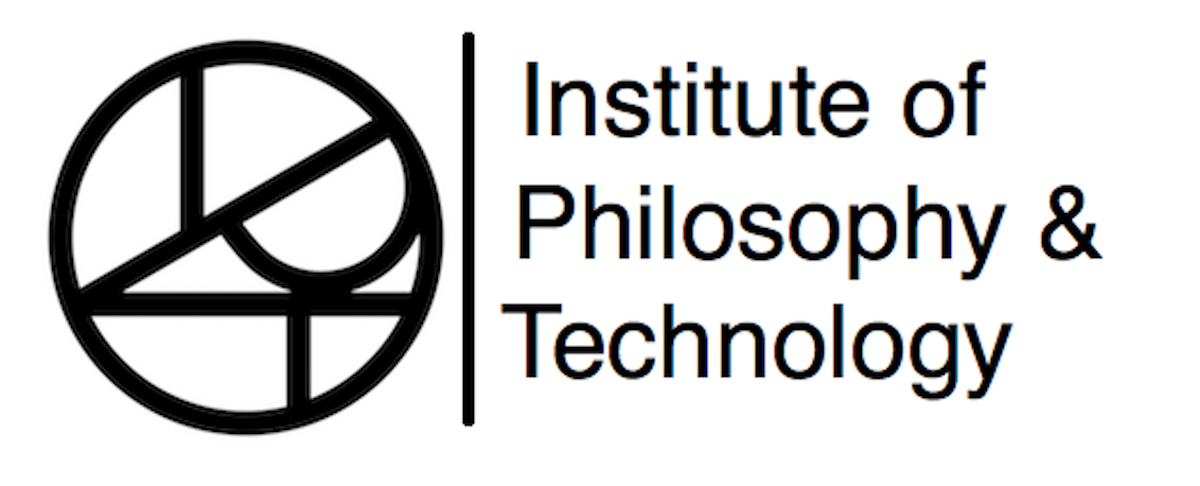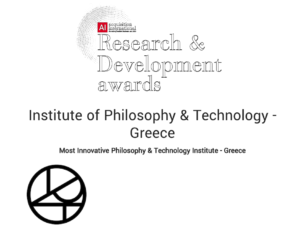Spring Webinar 2022
Aristotle on Living Beings and Life

Applications now open!
Please register here
General Description:
One-third of Aristotle’s corpus is devoted to the study of living beings and the complex phenomenon of life within the realm of nature. Starting from a discussion of the treatise On the Soul, in which Aristotle launches his systematic view of the meanings of life and corresponding capacities and creatures, this seminar will focus on sensation as the common and defining function for all the living beings of our planet and will look at the sensation-spurred faculties of imagination and memory. It will then consider living beings’ relation to their environments, Aristotle’s ideas regarding habitats and the purpose of respiration, and his conceptions of nutrition and growth. And finally the phenomenon of life will be discussed in relation to desire and pleasure, which will appear to extend beyond the narrow realm of ethics—woven, in fact, into the very fabric of every living being’s existence.
Coordinator: Claudia Zatta (czatta1@gmail.com)
Claudia Zatta (PhD in Classics, Johns Hopkins University) is the author of Interconnectedness. The Living World of the Early Greek Philosophers (2019, second revised edition) and of numerous essays, which have appeared in journals and collected volumes in Europe and the United States. Her new book titled Aristotle and the Animals. The Logos of Life Itself is forthcoming with Routledge (UK) in Fall 2021. Her research interests include ancient Greek philosophy and science, ancient Greek literature, Ovid, and classical myths.
Duration: 4 weeks (8 hours)
Meetings: Saturdays, 18.30 – 20.30 (Athens time) (4 sessions: 5/3, 12/3, 19/3, 2/4)
Place: Online (MS Teams)
Deadline for Applications: 1 March 2022
Webinar Fee: 70 €
Number of Participants: 30 (maximum)
A certificate of attendance will be provided upon request to all registered participants
Seminar sessions
1.Aristotle, the soul, and the meanings of life (5 March 2022, 18.30 – 20.30)
Aristotle’s study of the soul responds to the search for life: because the soul is living beings’ principle (arkhē), an understanding of the soul greatly contributes to the study of nature (physis). This session investigates Aristotle’s departure from previous psychological models: his new version of soul partition intersects with the realm of nature by relating to living beings’ bodies and setting off a series of movements— growth, sensation, and locomotion—that are exclusive to life and thus define it
2. Being in touch with the world: Sensation, imagination, dreams, and memory (12 March 2022, 18.30 – 20.30)
How do living beings sense the world? How are they able to imagine? Where does memory come from? Based on a selective reading of On the Soul and Parva Naturalia, this session will explore the psychological capacities intrinsic to living beings, that depend on their contact with their space of existence. It will discuss the definition and physiology of sensation, its different objects and the type of awareness it provides, and how sensation contributes to living beings’ capacity to imagine, remember, and dream.
3. Living beings’ habitats, respiration, nutrition, and growth (19 March 2022, 18.30 – 20.30)
Why do some animals live on earth and others in water? What are the physiological processes that enable them to inhabit such environments? This session will look at Aristotle’s conception of living beings’ relation to their physiology and their habitats, focusing on the phenomena of respiration, growth, and nutrition, including animals’ diversified diet. The selection of texts will span from History of Animals and On Respiration to Generation of Animals, On Generation and Corruption, and On the Soul, weaving together Aristotle’s technical discussions of life phenomena with his study of animals’ ethology and physiology.
4. Beyond ethics: life, desire, and pleasure (2 April 2022, 18.30 – 20.30)
In On the Soul Aristotle claims that the sentient being knows pain and pleasure and, in turn, desire. In the so-called biological treatises, however, Aristotle does not elaborate on these topics. What is the place of pleasure in animal life? What about pain? And how should we understand the relationship between pleasure, pain, and desire? This session will pursue these questions with a selective reading of books 3, 7, and 10 of Aristotle’s Nicomachean Ethics, addressing his reappraisal of pleasure as a natural phenomenon— intrinsic to life, human and nonhuman, within ethics and beyond.
Please register here
For questions please contact: info@ipt.gr

